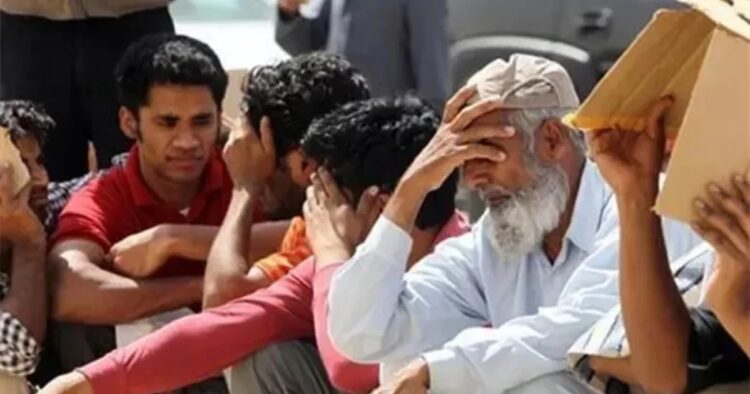Pakistan’s government has entirely removed the budget allocation for the welfare of religious minority communities in its 2024-25 federal budget. This decision has drawn sharp criticism from minority leaders who fear it will further marginalize groups such as Christians, Hindus, and Sikhs, who already face numerous challenges in the country.
No Funds for Minorities, More for Religious Affairs
The budget, presented by Federal Finance Minister Muhammad Aurangzeb on June 12, totals 18.87 trillion rupees (approximately $68 billion). While the budget for the Ministry of Religious Affairs and Interfaith Harmony, which oversees the Hajj pilgrimage, has increased from 1,780 million rupees to 1,861 million rupees, the specific allocation for minority welfare, which was 100 million rupees last year, has been completely omitted.
Religious minorities in Pakistan, including Christians, Hindus, and Sikhs, make up less than 5% of the country’s population of 244 million, with each group constituting around 1.6%. Leaders from these communities have expressed deep concerns about the consequences of this budget cut. Ejaz Alam Augustine, a former minister for human rights and minority affairs in Punjab, highlighted that minority students who rely on government scholarships and support during religious festivals will be particularly affected.
The Federal Ministry for Minorities was first established in Pakistan in November 2008, with Shahbaz Bhatti, a Catholic, as its first minister. However, after Bhatti’s assassination in 2011, the ministry was eventually merged into the Ministry of Religious Affairs and Interfaith Harmony in 2013. This merger has left many minority communities feeling neglected by the federal government.
A Sikh educationist criticized the current coalition government, led by the Pakistan Muslim League and Pakistan People’s Party, for failing to provide any specific schemes for the Sikh community. He noted that even if funds were allocated, they typically benefit larger communities like Christians in Punjab and Hindus in Sindh.
Amir Mahmood, a spokesman for Pakistan’s Ahmadiyya community, which has faced severe persecution since being declared non-Muslim by the constitution in 1974, pointed out that state policies adversely affect all minority groups.
Chaman Lal, chairman of the Hindu welfare group Samaj Sewa Foundation Pakistan, expressed a bleak outlook for religious minorities, citing an increase in attacks on vulnerable communities and a decrease in small development schemes and cash transfers. He also questioned the effectiveness of minority representatives in provincial legislatures.
ALSO READ: “Ex-Pakistan Foreign Minister Sent To Judicial Remand Over May 9 Riots”
The educational outlook for religious minorities in Pakistan is also grim. Church sources report that only 34% of minorities, including Christians, are literate, and a mere 4% pursue higher education. The situation is even worse for marginalized Dalit communities, with only 18% literacy rates.
The removal of funds for religious minorities in Pakistan’s latest budget has sparked significant concern and disappointment among minority leaders. They argue that this decision further exacerbates the socio-economic challenges faced by these communities, highlighting a lack of governmental support and increased vulnerability to discrimination and violence.

















Comments